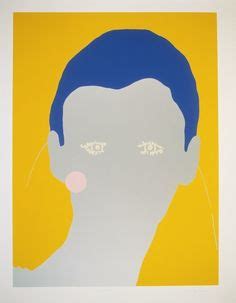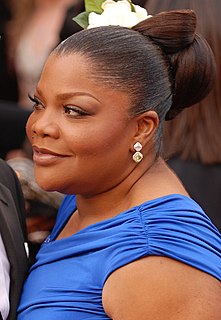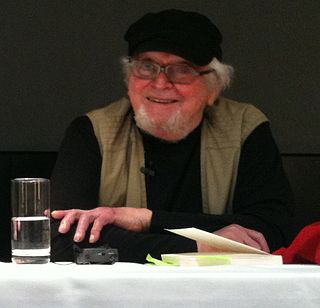A Quote by Claude Monet
While adding the finishing touches to a painting might appear insignificant, it is much harder to do than one might suppose.
Related Quotes
Some gentlemen have made an amazing figure in literature by general discontent with the universe as a trap of dulness into which their great souls have fallen by mistake; but the sense of a stupendous self and an insignificant world may have its consolations. Lydgate's discontent was much harder to bear; it was the sense that there was a grand existence in thought and effective action lying around him, while his self was being narrowed into the miserable isolation of egoistic fears, and vulgar anxieties for events that might allay such fears.
You might have more talent than me, you might be smarter than me, you might be sexier than me, you might be all of those things you got it on me in nine categories. But if we get on the treadmill together, there are two things: You're getting off first, or I'm going to die. It's really that simple, right?
There's not much value to us attacking Chinese systems. We might take a few computers offline. We might take a factory offline. We might steal secrets from a university research programs, and even something high-tech. But how much more does the United States spend on research and development than China does?
Our universe cannot even be stated symbolically. And this touches us all more directly than one might suppose. For example, artists, who have been very little influenced by social systems, have always responded instinctively to latent assumptions about the shape of the universe. The incomprehensibility of our new cosmos seems to me, ultimately, to be the reason for the chaos of modern art.








































